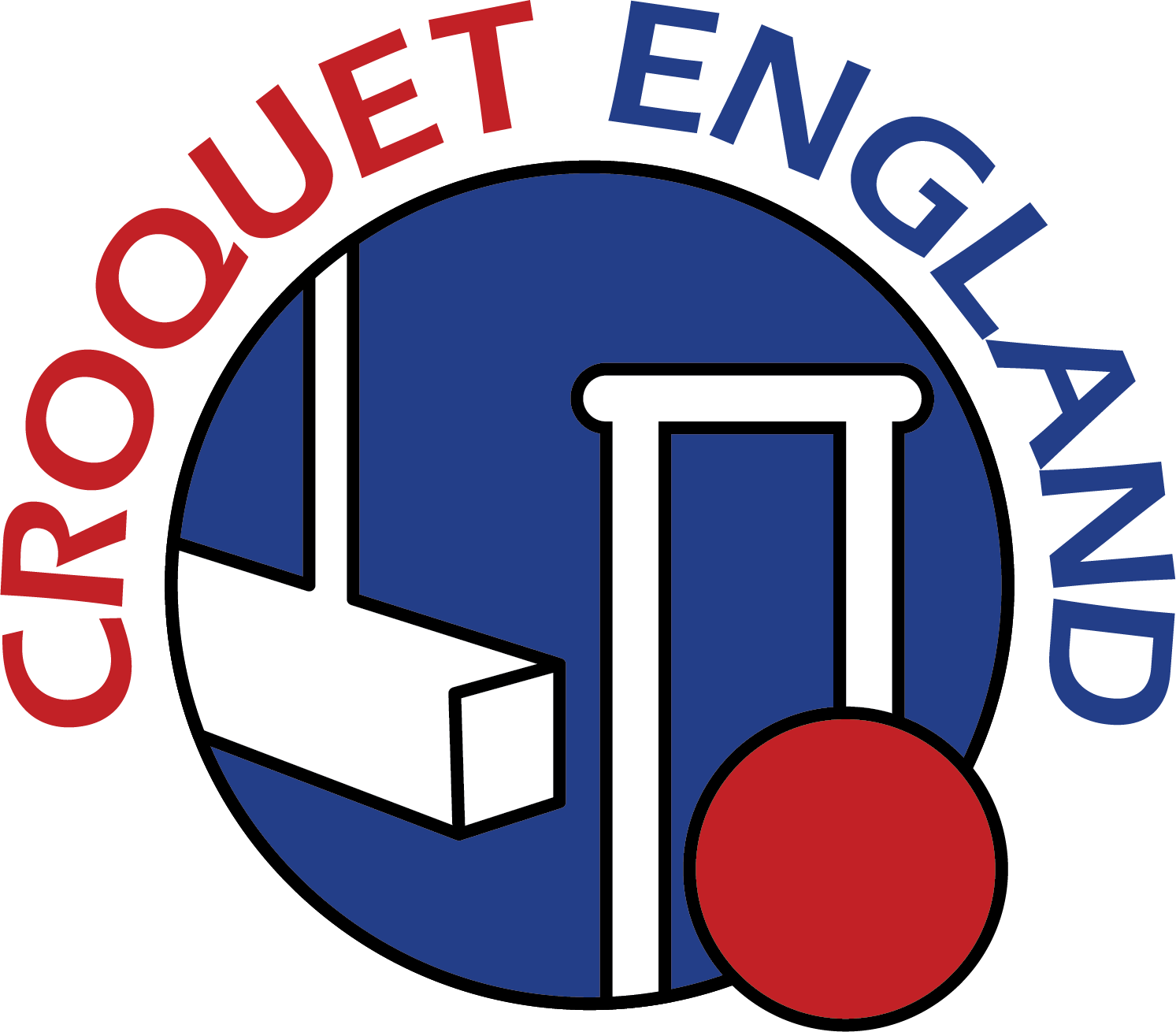Ray Ransom - Issue 27 (2009)
South West Federation History ~ Ray Ransom’s Farewell Address to the AGM
Cast your mind back to November 1984. Reagan had just won a second term as American president, the £1 note was withdrawn to be replaced by a coin and Charles was still married to Diana. The IBM Personal Computer had been in existence for just 3 years and the World Wide Web was still 5 years away. Most significant of all, the South West Federation of Croquet Clubs came into being on the 11th of that month as the result of its very first AGM. Although the SWF has been in existence for just 24 years, this is in fact our 25th AGM.
Of the initial membership of 15 clubs only two, Coal Research and Tracy Park, are no longer with us. Current membership stands at over 35 clubs, a very satisfying growth, and certainly we are the most successful of the 9 Federations in terms of recruitment.
Initial funding was provided by sponsorship of £250 from the Cheltenham and Gloucester Building Society and a grant of £957 from the S W Regional Sports Council. The negotiations were carried out by Ian Maugham, John McCullough and Martin Murray. The S W Sports Council also made direct grants to a number of SWF clubs.
Martin Murray was the first Chairman and steered the Federation through the first 3 years of its existence. John McCullough played a major role in the formation of the SWF and was its secretary from inception to his departure to York in early 1988. John was also instrumental in setting up the National coaching scheme. Ian Maughamacted as treasurer for the Federation from 1984 to his untimely death in March 2000. Our strength owes much to Ian's financial management. The fourth member of the committee was Peter Dyke, and although he had no initial defined responsibilities he later became Schools' Officer and did sterling work in the development of youth croquet.
Team competitions started in 1985 with the Senior and Beginners' Leagues. Bath hosted both finals with Bristol winning the Senior match against Nailsea, and Parkstone (now East Dorset) were successful in the Beginners' match against Bath. 8 teams played in the Senior League and 11 in the Beginners' League. In subsequent competitions the League names were changed to 'The Federation League' and 'The B League'. An Intermediate League was added in 1990, the two Advanced Leagues in 1994 and 1999 and the Golf Croquet League in 2006. So compared to the 19 teams taking part in 1985 we see the 2008 totals of 77 Association and 20 Golf Croquet teams competing.
This growth has meant more work for committee members, and since inception the committee has grown from 4 to its current level of 9 following the additions of Coaching Officer, League Secretary, Publicity Officer, Development Officer and Golf Croquet Adviser.
The South West Area Newsletter (SWAN) has been continuously (with the exception of the 1999 issue) produced since 1985. Initially it was produced twice a year, in April and October, and each consisted of 4 sides of A4. The April edition provided news and Club profiles whilst that for October gave match and other results. The Cheltenham and Gloucester Building Society undertook the printing. In 1988 it reduced to an annual newsletter and in 1993 C & G sponsorship ceased. In 1995 SWAN switched to the format which we see today. From what I remember the 1999 edition was never produced since it resided on a laptop which was stolen from the back of a car. So even the SWF is not immune to data theft - I don't know whether the information was encrypted!
Since issue 18 (April 2000) Sue Mackay has been producing SWAN and has made a first class job of it. SWAN is the envy of the other federations. Sue has also produced and maintains the SWF website containing comprehensive data on past results together with news items and information for clubs and individual players.
Throughout its existence the aims of the Federation have been to promote croquet in the South West and to develop facilities for playing the game by encouraging new and established clubs. I am sure that you will agree with me that the Federation has more than met its aims.

